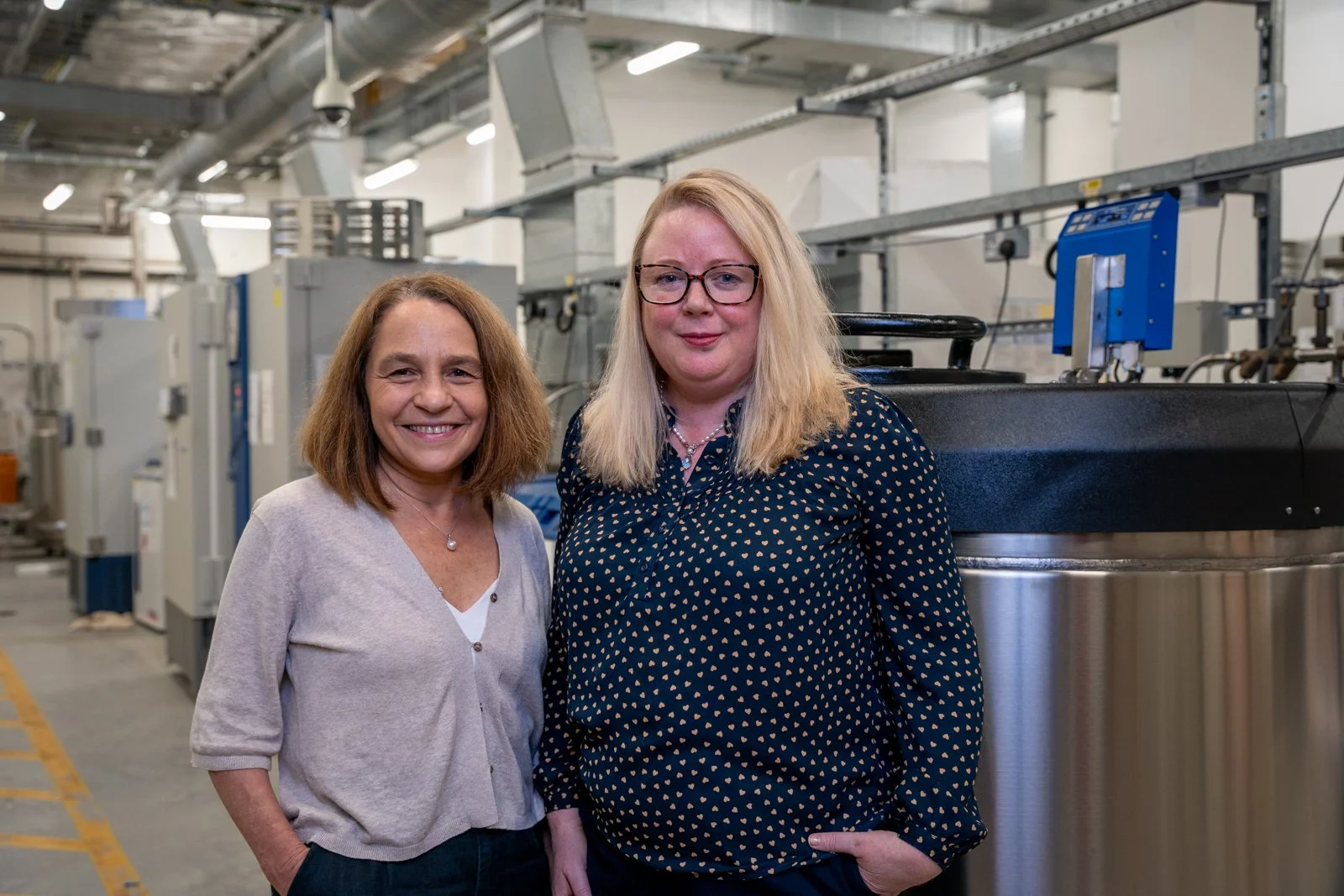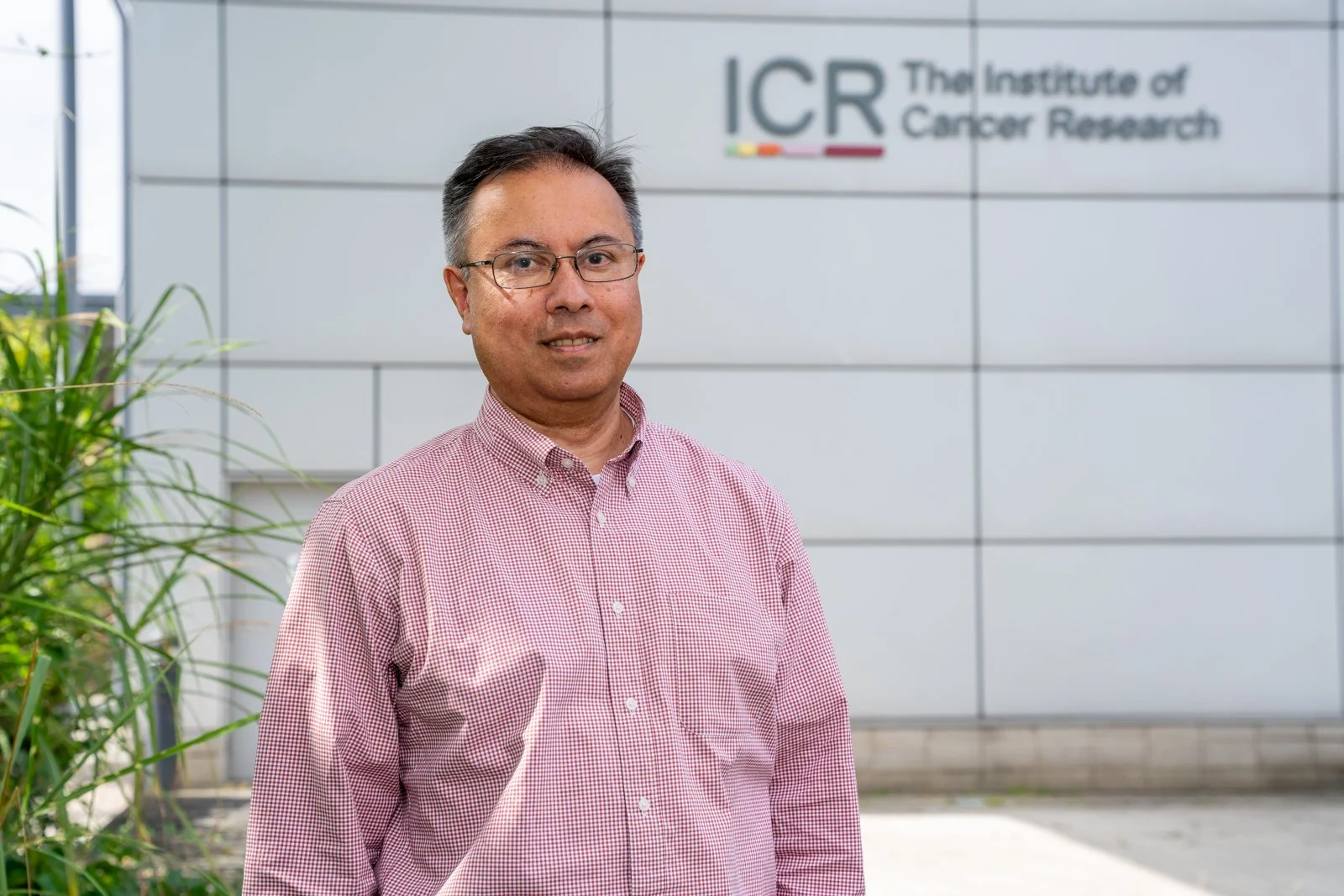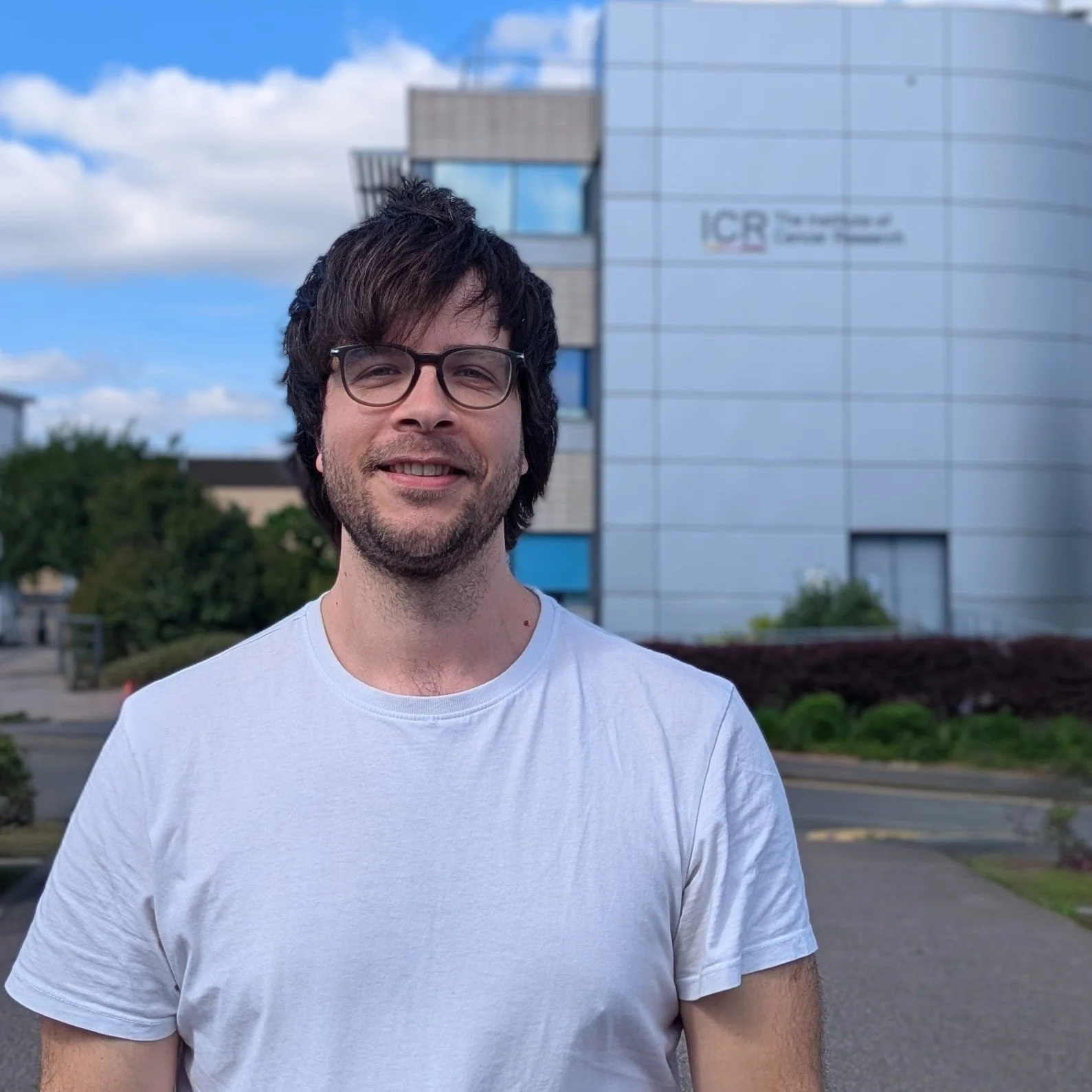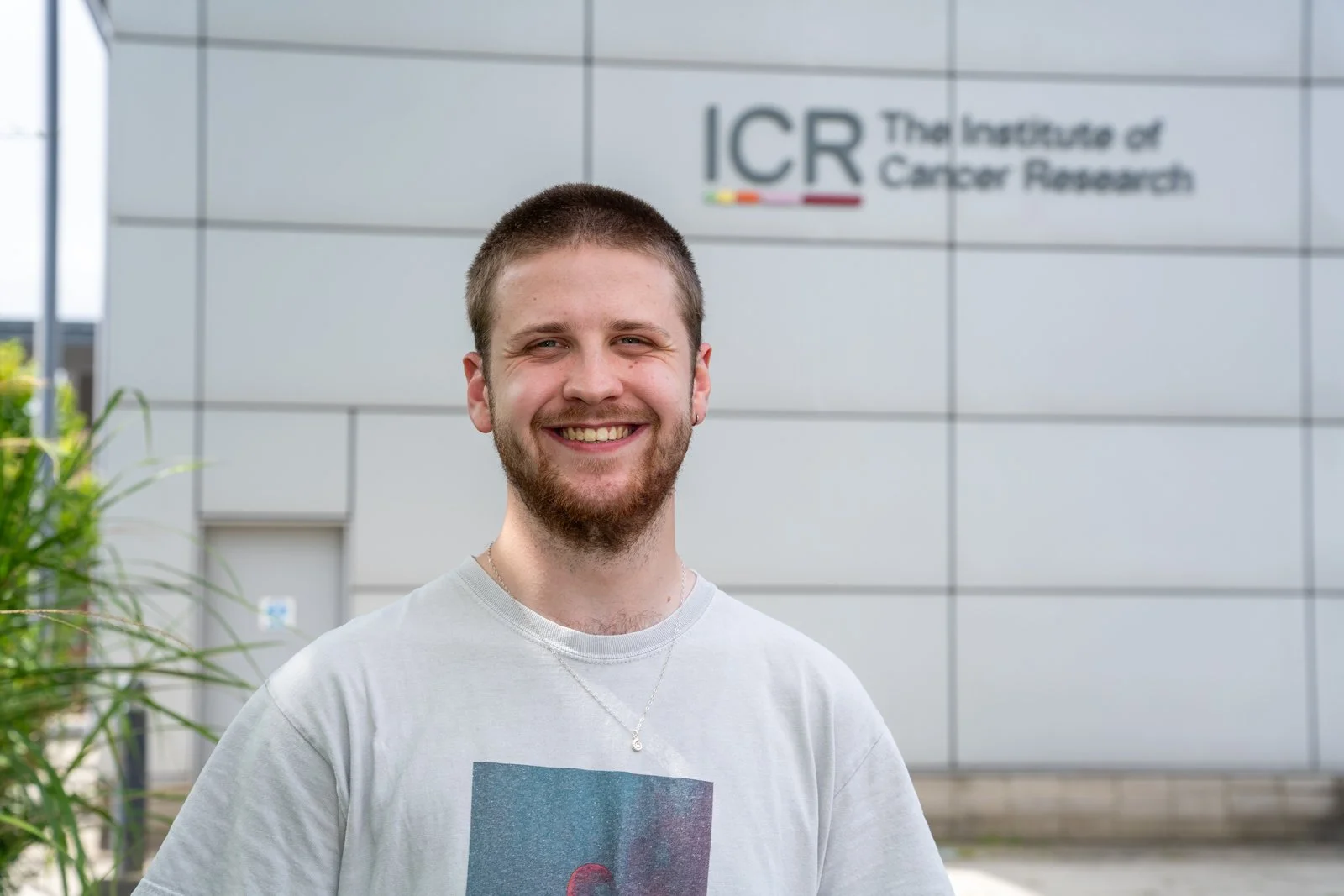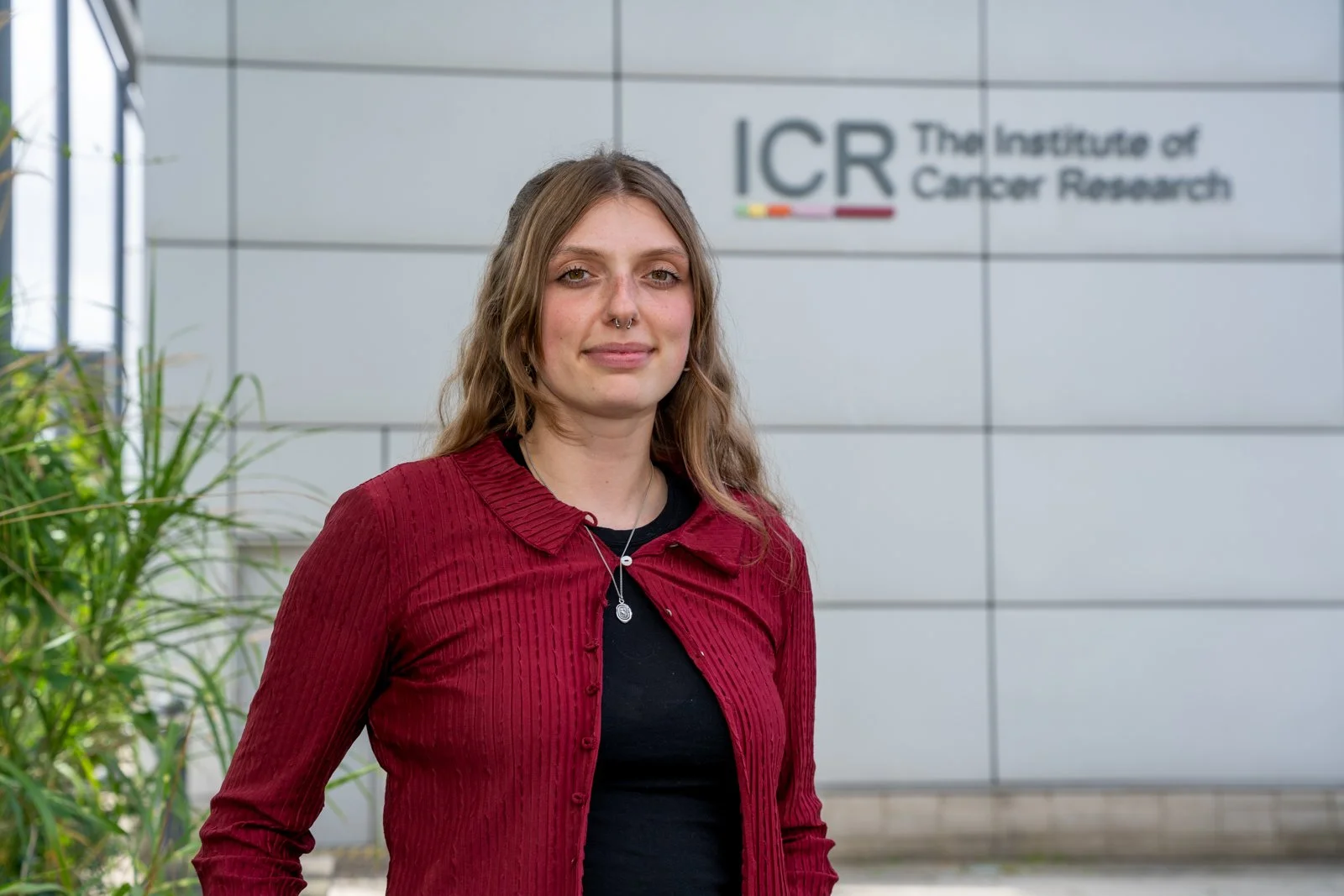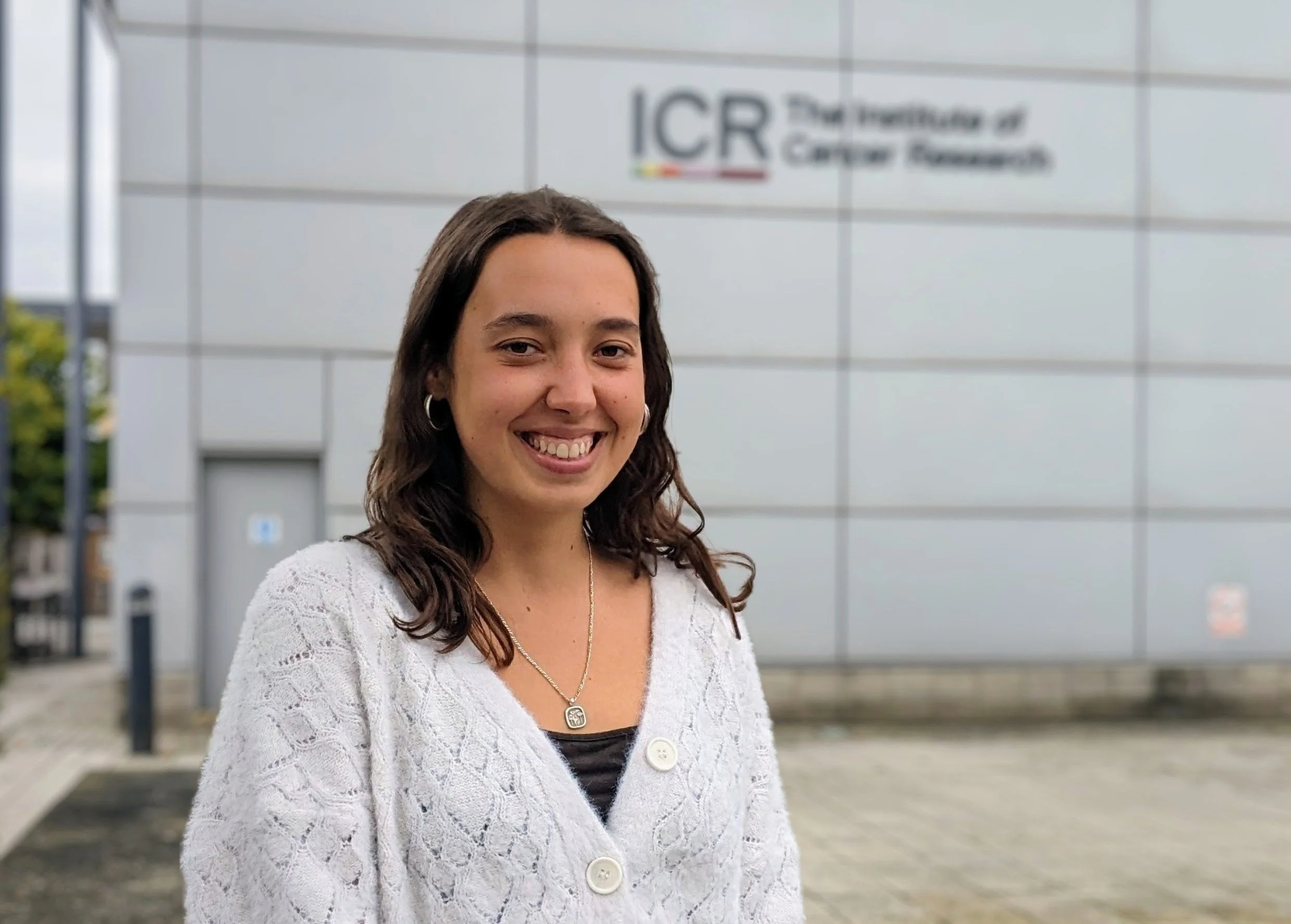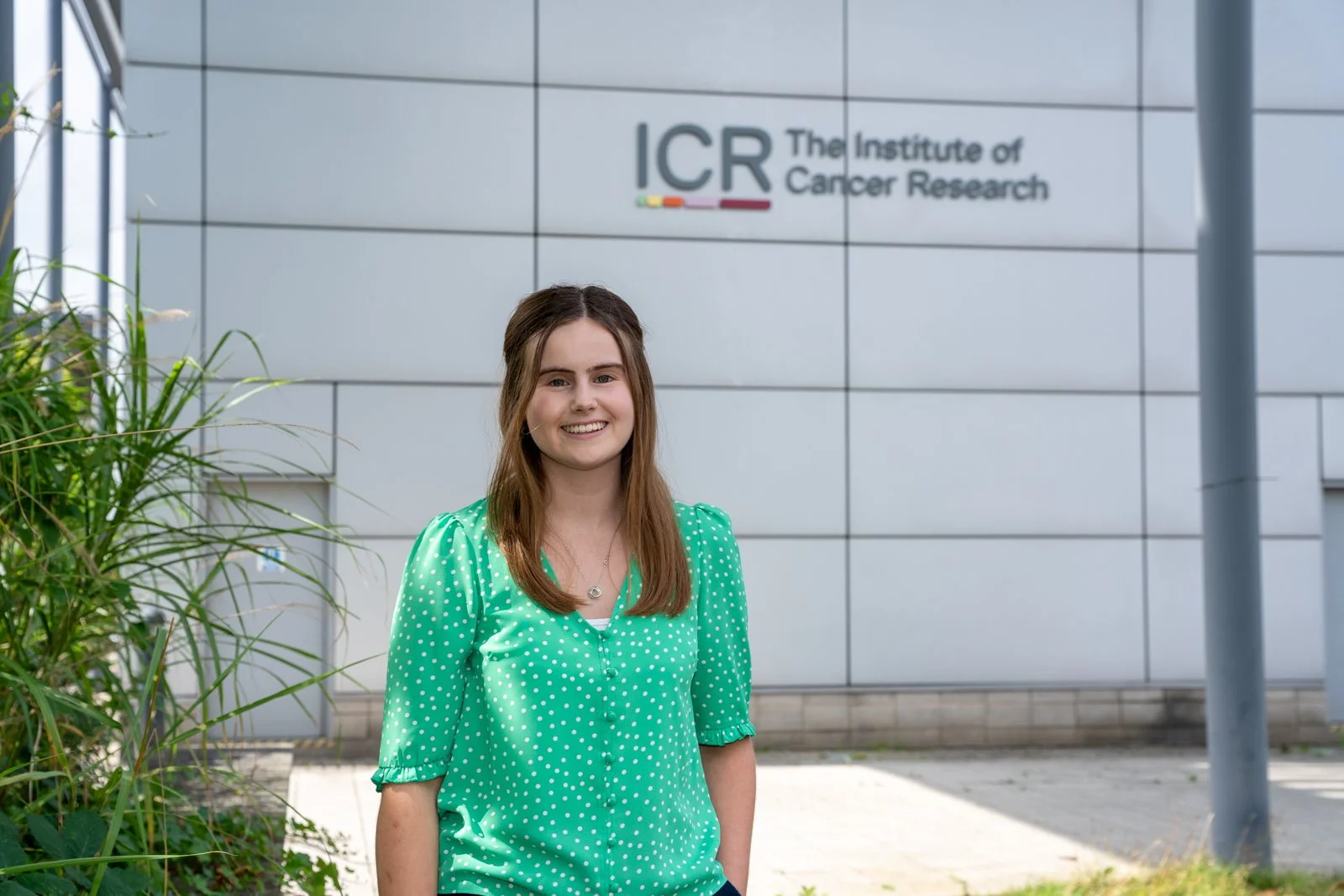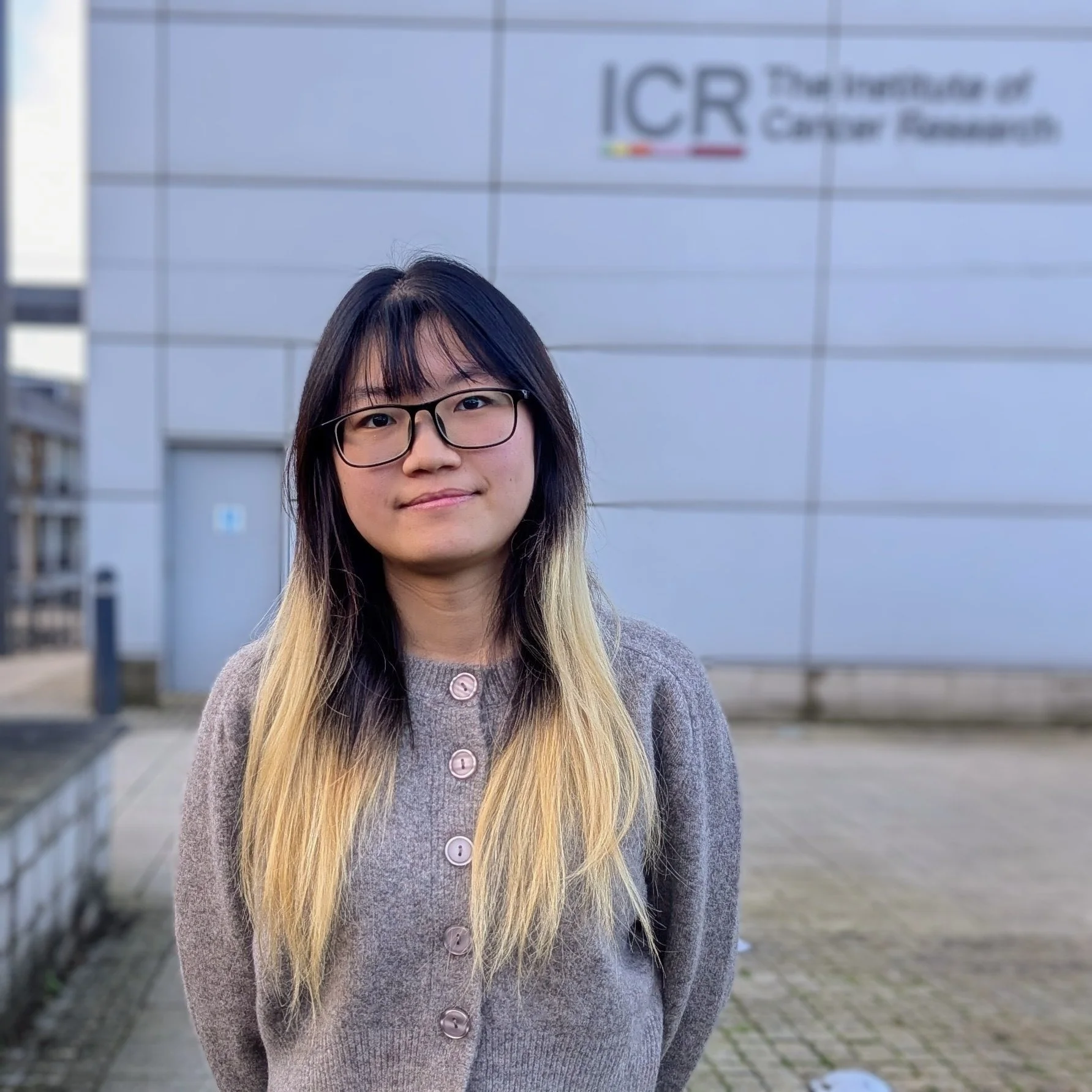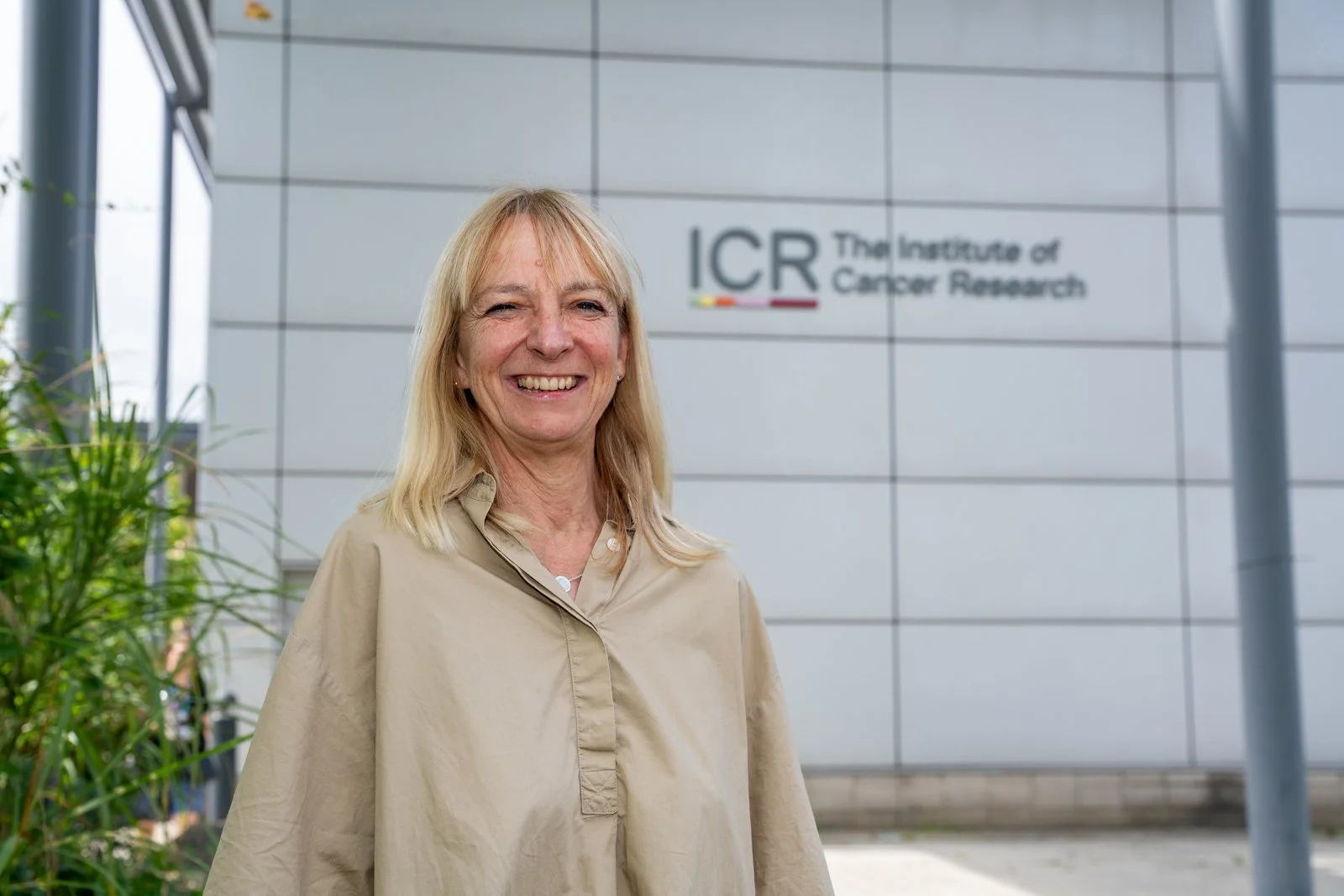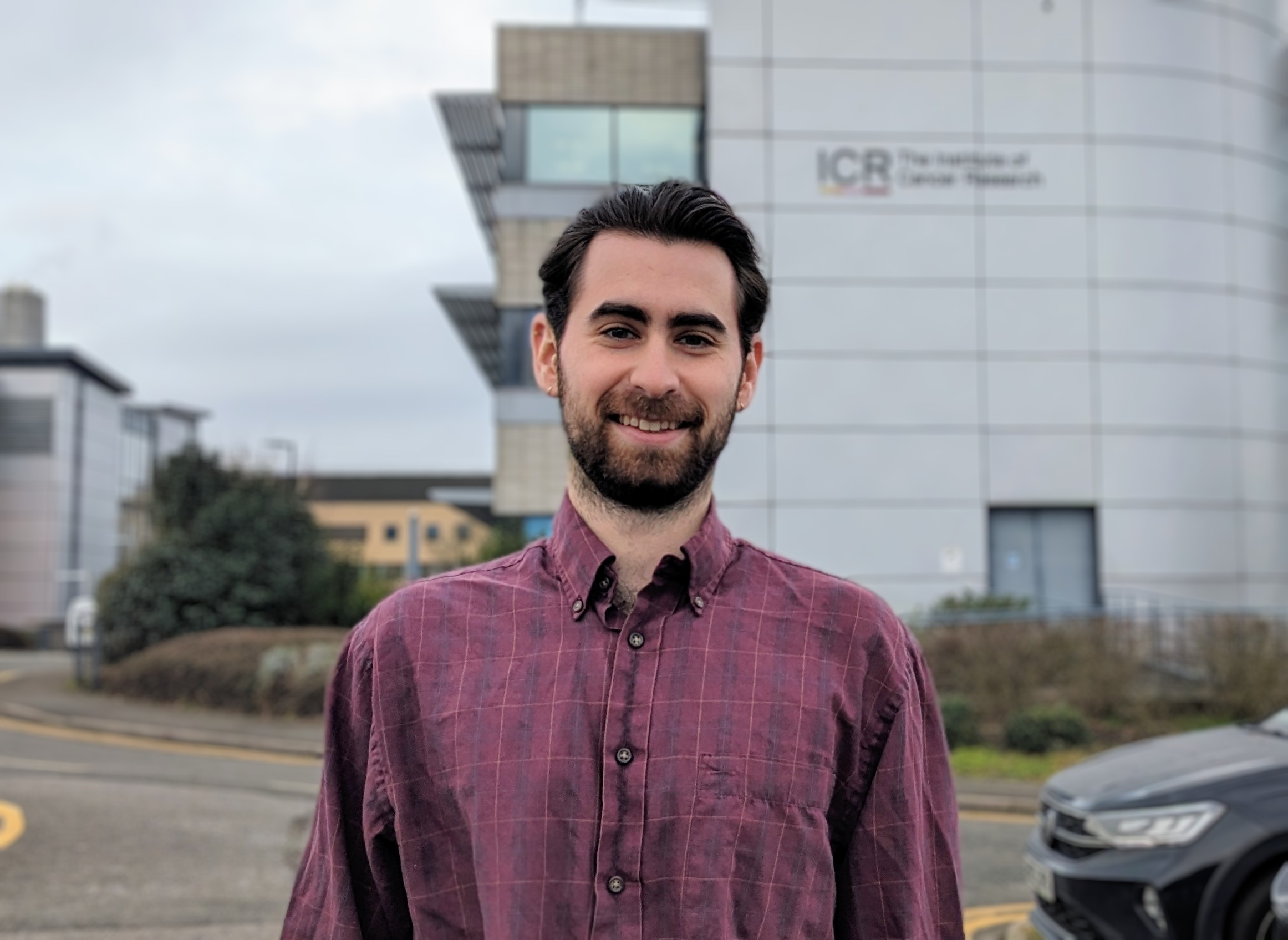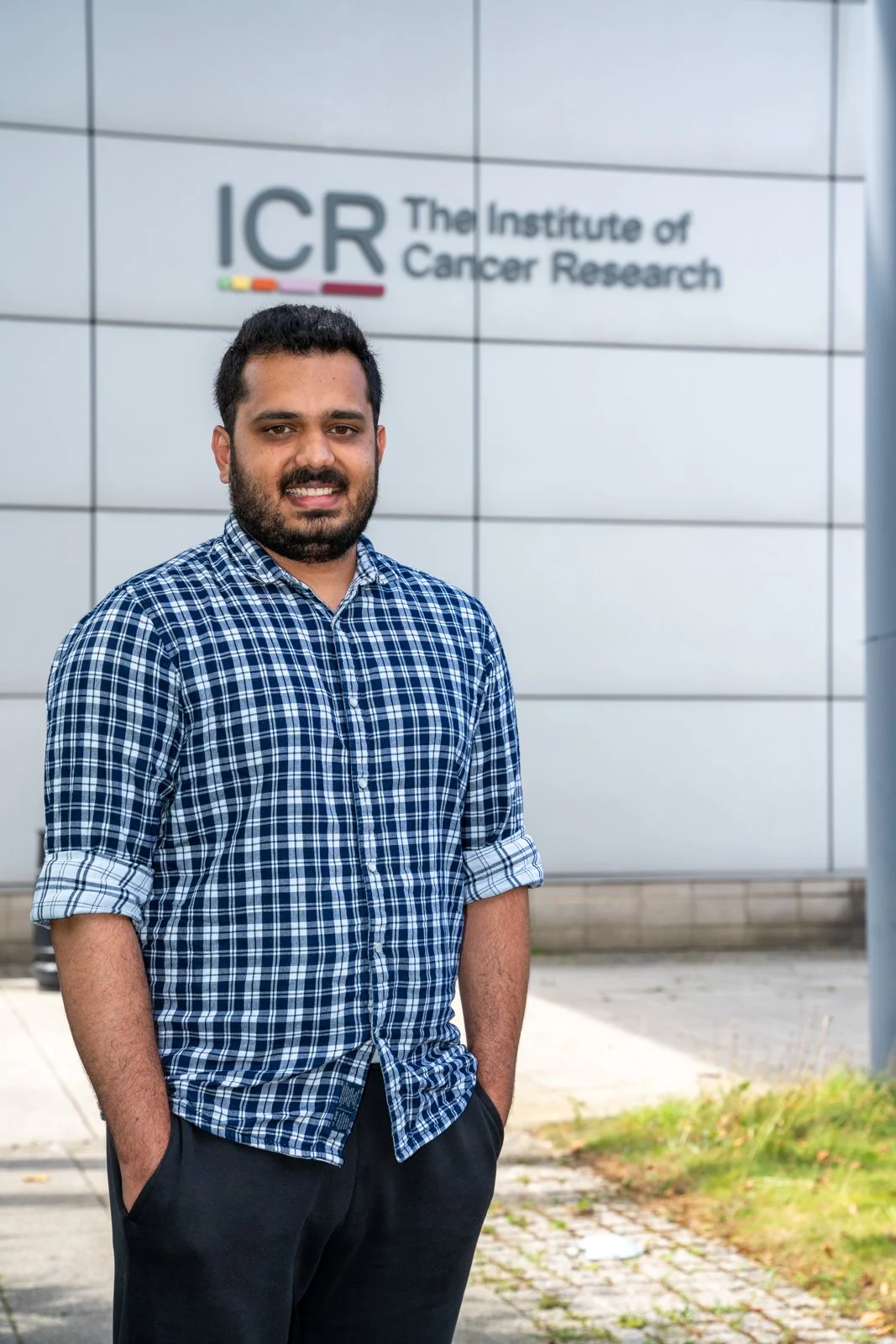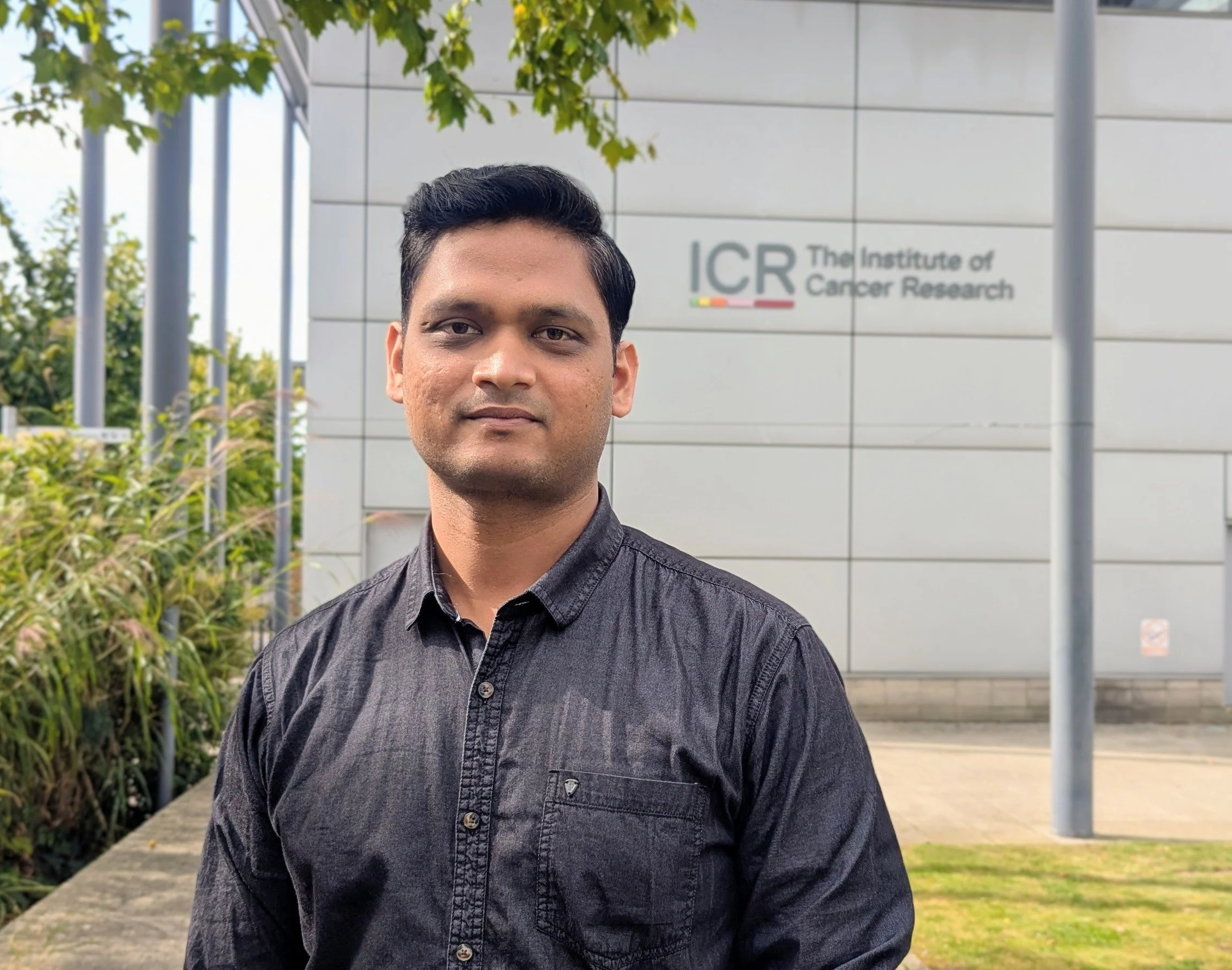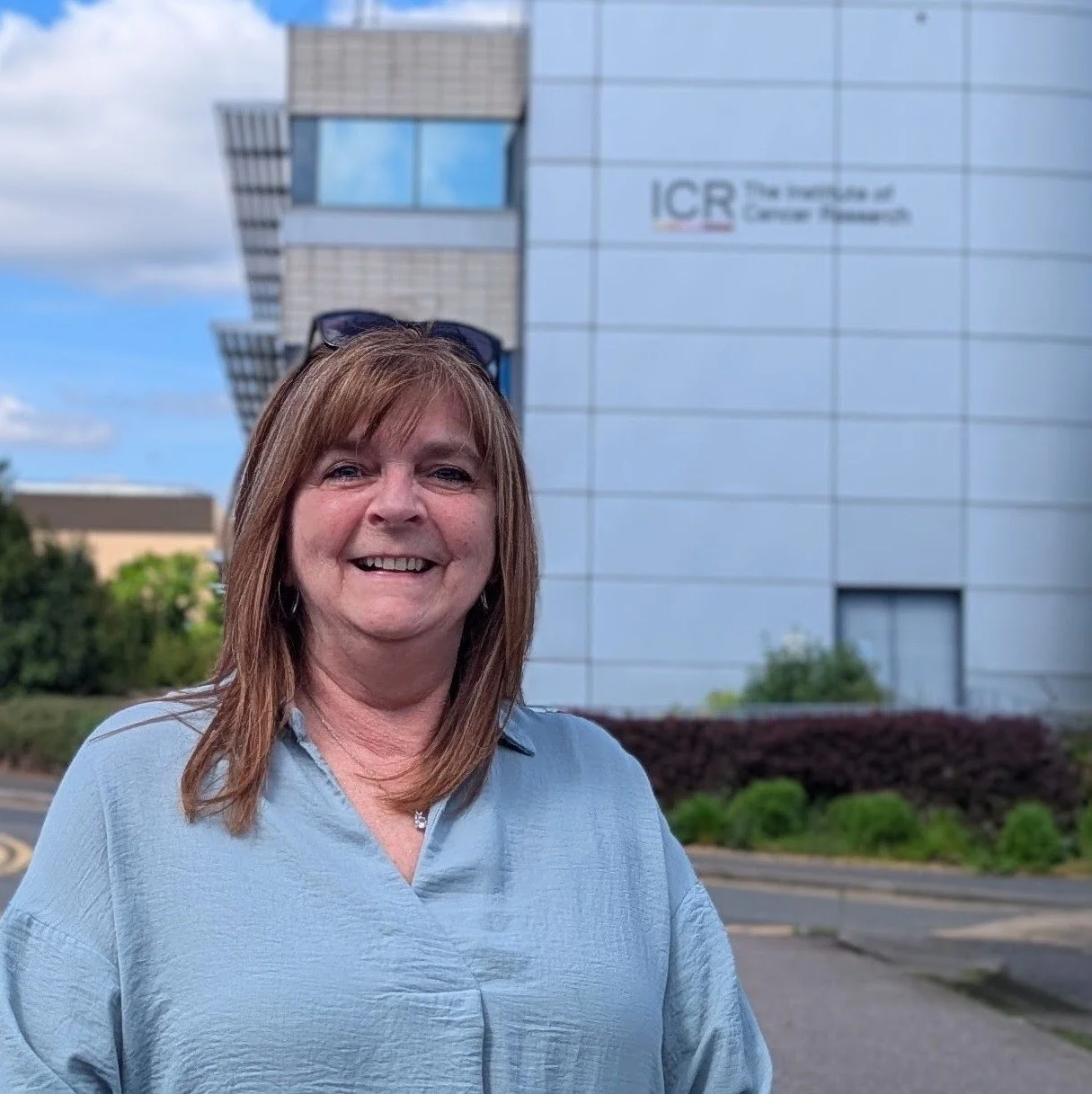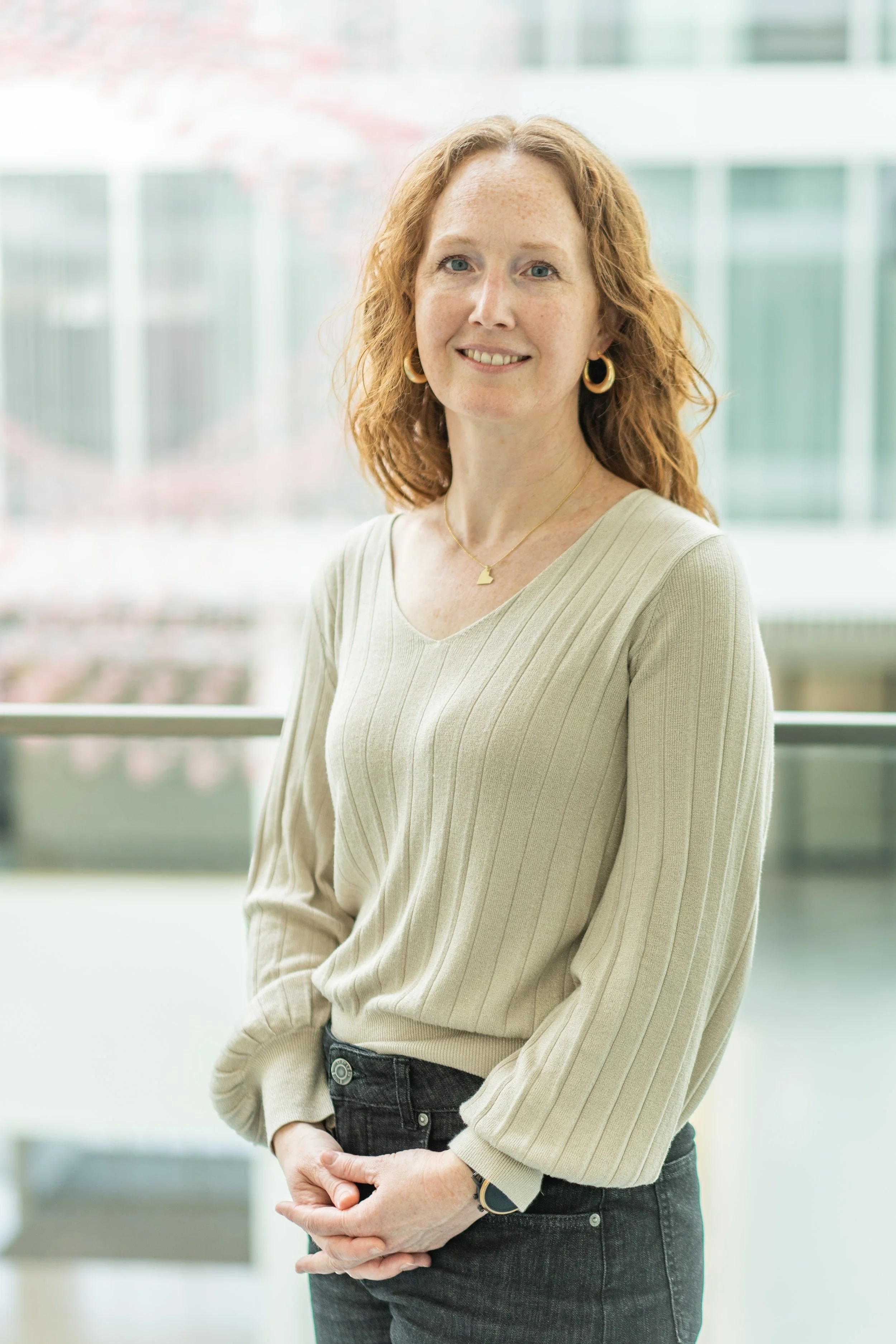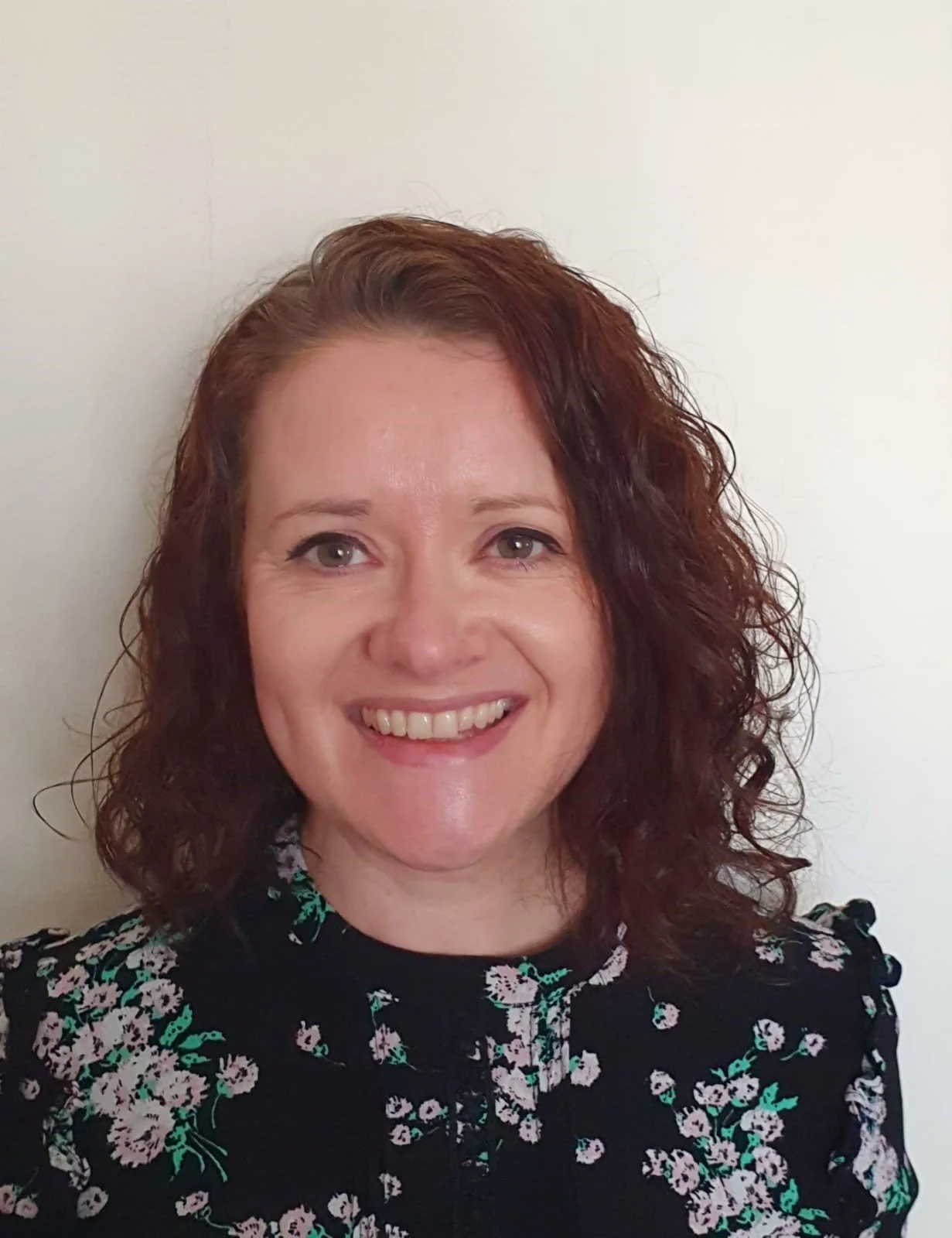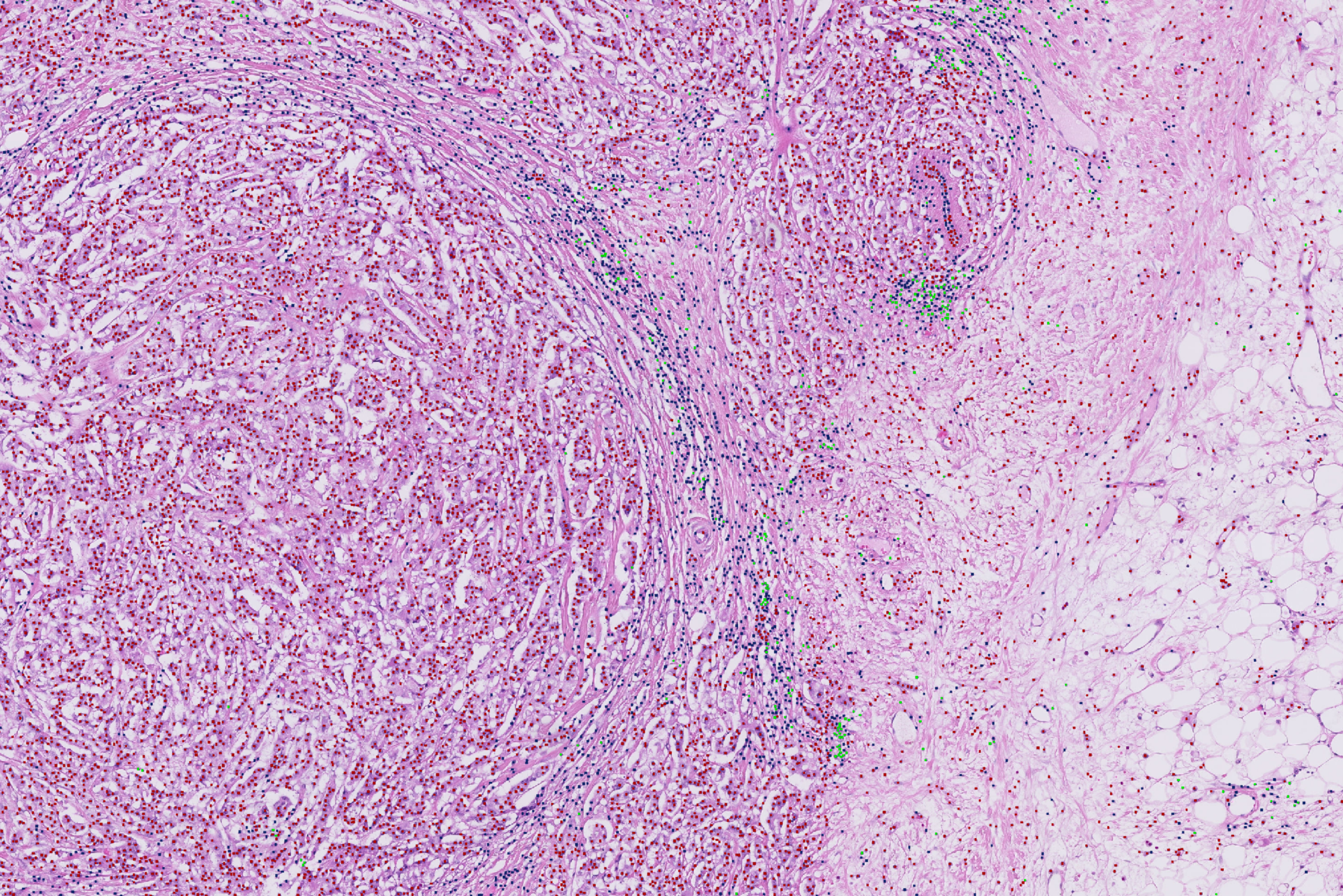
About Us
Research from the Breast Cancer Now Generations Study is providing essential insights into the causes, prevention and outcomes of breast cancer.
This knowledge will empower women to make informed decisions on how to reduce their risk or detect cancer earlier. It will also enable patients to make choices to lower the risk of the disease returning and improve well-being.
About the Study
The Generations Study is one of the largest and most comprehensive studies of women’s health in the UK, with a particular focus on understanding the causes of breast cancer.
Launched in 2003, the study has enrolled over 110,000 women aged 16 and above from across the UK. Participants have been followed over time to collect detailed information about their health, lifestyle, environment, genetics, medical history and medical imaging. By studying a wide range of risk factors — from genetics and hormones to lifestyle, reproductive history, and environmental exposures — we aim to better understand why some women develop breast cancer and others do not, and what factors affect prognosis and life after breast cancer.
Our goal is to generate scientific knowledge that will lead to better prevention, earlier diagnosis, and improved outcomes for breast cancer and related conditions.
Meet the Team
Professor Amy Berrington
Group Leader:
Clinical Cancer Epidemiology
Professor Montse García-Closas
Group Leader:
Integrative Cancer Epidemiology
Researchers
Dr. Michael Jones
Senior Staff Scientist
Clinical Cancer Epidemiology
Dr. Nathalie Kliemann
Staff Scientist
Integrative Cancer Epidemiology
Dr. Daniel Adams
Epidemiology Research Fellow Integrative Cancer Epidemiology
Reuben Frost
Epidemiology Research Associate Integrative Cancer Epidemiology
Zoey Richards
Epidemiology Research Associate Integrative Cancer Epidemiology
Esmé O’Brien
Epidemiology Research Associate Clinical Cancer Epidemiology
PhD Students
Martina Brayley
PhD Student
Clinical Cancer Epidemiology
Imogen Sawyer
PhD Student
Clinical Cancer Epidemiology
Isobel Jackson
PhD Student
Clinical Cancer Epidemiology
Shuang Wang
PhD Student
Clinical Cancer Epidemiology
Data Engineers and Managers
Penny Coulson
Senior Data Manager
Integrative Cancer Epidemiology
Tal Cohen
Data Engineer/Wrangler in Epidemiology
Integrative Cancer Epidemiology
Sanjay Hegde
Data Engineer Integrative Cancer Epidemiology
Soumak Manna
Research Data & Systems Engineer
Integrative Cancer Epidemiology
Research Operations
Dawn Thomas
Senior Study Coordinating Manager Clinical Cancer Epidemiology
Jacqueline Wybrow-Smith
Senior Research Operations Clinical Cancer Epidemiology
Jane Lebihan
Senior Research Administrator Integrative Cancer Epidemiology
Ana Ferreira
Higher Scientific Officer
Integrative Cancer Epidemiology
Funders
This study is a partnership between Breast Cancer Now and The Institute of Cancer Research.
The Institute of Cancer Research is one of the world’s leading cancer research organisations and is internationally renowned for the quality of its science. The Institute is a college of the University of London and works in partnership with The Royal Marsden NHS Foundation Trust.
Breast Cancer Now is a research and support charity. We fund life-saving research, campaign for change and provide information and support to anyone affected by breast cancer. However you’re experiencing breast cancer, we’re here.
Study Governance
The Generations Study is led by Professor Montserrat García-Closas and Professor Amy Berrington who are the Principal Investigators. They are governed by the Management Committee as well as the Scientific Oversight Committee, the Access Committee, and the Participant Advisory Panel (See governance structure below).
More on…
Scientific Oversight Committee
The Scientific Oversight Committee (SOC) provides expert, strategic, and independent scientific guidance to the Generations Study Principal Investigators (PIs) and the Management Committee (MC). The SOC will ensure that the study remains scientifically rigorous, strategically positioned, and aligned with best practices in research and governance.
The SOC consists of external scientific experts with relevant domain knowledge and representatives of study participants or their communities. The composition of the SOC can be found below. Members were proposed by the PIs and approved by the MC. The SOC meets once a year and is occasionally consulted for additional advice.
The SOC will provide scientific and strategic advice across the following domains:
• Research Priorities: Review and recommend priorities for future research and ancillary studies.
• Operational Efficiency: Assess and provide input on the efficiency and effectiveness of the study's scientific and technical operations.
• Access Processes: Advise on the development and implementation of procedures for access to data and biological materials.
• Commercialisation: Provide guidance on issues related to the ethical and strategic aspects of commercial use of data and resources.
• Scientific Value: Advise the MC on the ongoing scientific value and impact of the resource.
Committee Members:
Michael Cook
Executive Director of Science Our Future Health
Louise Jones
Professor of Breast Pathology Barts Cancer Institute
Valerie McCormak
Deputy Branch Head of the Environment and Lifestyle Epidemiology International Agency for Research on Cancer
Renée Turzanski Fortner
Division Head of Cancer Epidemiology German Cancer Research Institute
Alpa V. Patel
Sr. Vice President of Population Science American Cancer Society
Lesley Anderson
Institute Director – Health, Nutrition & Wellbeing University of Aberdeen
David Cameron
Professor of Medical Oncology The University of Edinburgh
Lara Edwards
Programme Director, Driver Programmes Health Data Research UK
Paul Pharoah
Professor of Computational Biomedicine Cedars-Sinai
The Generations Study has been approved by the South-East Multi-Centre Research Ethics Committee (REC reference number MREC 03/01/014), in accordance with national procedures for medical research governed by the UK Health Research Authority.
All research conducted within the study complies with the Data Protection Act 2018 and the UK General Data Protection Regulation (UK GDPR). The Institute of Cancer Research (ICR) is registered with the Information Commissioner’s Office under registration number Z6775661.
The study is conducted under the supervision of Professor García-Closas, MD, DrPH, to ensure that all personal information is handled responsibly and ethically.
Ethical Approval
Data privacy relates to an individual’s right to control how personal data are collected and used.
Since 2003, with appropriate ethics and regulatory approvals, the Generations Study has received individually identifiable data provided by study participants and obtained from national NHS sources (in England and Scotland), including medical health records, cancer registrations, and death registrations. These data are provided to the ICR by NHS England (following the closure of Public Health England) and National Records of Scotland.
This information enables the long-term analysis of factors influencing risk of breast cancer, other cancers, and clinical outcomes, in line with the study’s stated research aims. The study is designed to follow up participants for at least 40 years since their enrolment.
The women who have joined the study are volunteers, and are free to withdraw if they wish to do so at any time.
If you are a member of this study and want further information or wish to opt out of future data collection by the study from these NHS organisations, please do not hesitate to contact the study.
Data confidentiality concerns how personal information is protected once collected.
All identifiable information collected through the Generations Study, whether provided directly or via NHS data sources, is held in strict confidence:
Individually identifiable data are securely stored and accessed only by the Generations Study research team at the ICR.
Identifiable information is not used for fundraising or marketing purposes.
No individually identifiable information is published.
All data handling is conducted under the supervision of Professor García-Closas, in accordance with ethical and legal requirements.
Individually identifiable data will be securely destroyed at the conclusion of the study.
The Generations Study will only disclose participant personally identifiable information with consent or if required to do so by law.
The Institute of Cancer Research is the data controller for the Generations Study.
The study involves the collection and processing of special category data, including health and genetic information, for scientific research purposes. The lawful basis for processing this information is the performance of a task carried out in the public interest, in line with the UK GDPR.
Appropriate safeguards are in place to ensure that personal information is protected throughout its lifecycle.
For more information about how the ICR processes research data, please see our Research Privacy Notice.
Concerns about data handling or privacy may be addressed to:
ICR Data Protection Officer
123 Old Brompton Road
London SW7 3RP
Email: DataProtectionOfficer@icr.ac.uk
The Information Commissioner’s Office is the independent authority overseeing data protection in the UK and can be contacted if there are concerns about data processing under UK GDPR.

